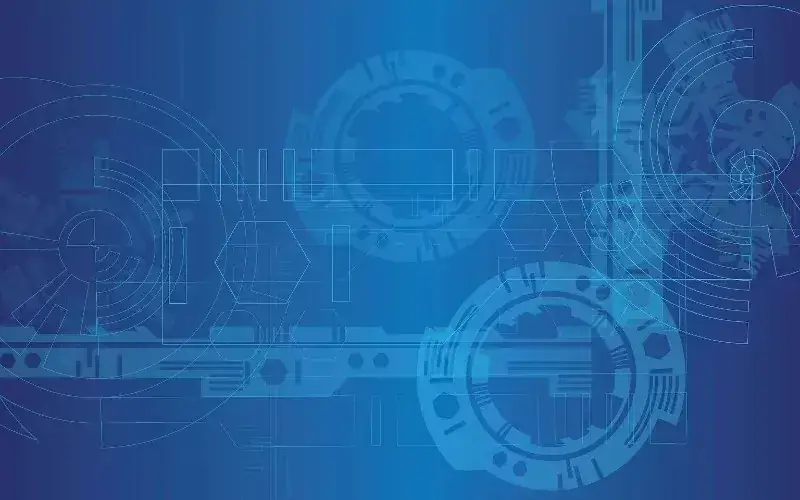Over 30,000 care home workers across the UK are embracing innovative technology to improve patient care and operational efficiency.
The firm has recently celebrated its 1,000th care home using its groundbreaking mobile application, which is revolutionising frontline care delivery.
Technological Advancements in Care Homes
Over 30,000 care home workers across the UK are now leveraging cloud-based technology to enhance their efficiency and improve patient care. The firm’s latest milestone has seen its mobile application being used by its 1,000th care home, marking a significant shift in how frontline care is delivered.
Historically, health and social care sectors have been slow to transition away from paper-based documentation. Even with the introduction of desktop computers, care staff often relied on handwritten notes at the end of their shifts, resulting in inconsistent and unmeasurable data. This traditional approach was not only time-consuming but also prone to errors.
The Impact of Mobile Applications
“It became apparent that whilst administration software helps care providers’ efficiency, it doesn’t actually help those delivering care,” said Jonathan Papworth, co-founder and director. This insight led to the development of a mobile solution aimed at improving the daily lives of care staff.
From single homes to large national groups, the mobile software has proven beneficial. Care staff save at least one hour per day on administration tasks, compared to traditional paper systems. This real-time data recording ensures that the quality of information is both accurate and detailed, allowing more time for actual care.
Staff utilize an icon-based application on handheld devices throughout their shifts, minimising the need for typing—an ideal solution for non-native English speakers, those with dyslexia, and individuals with limited IT literacy.
Enhanced Communication and Efficiency
The system improves communication between carers and nurses, particularly when important interventions are needed. It enhances nurse-to-carer communication through detailed care plans, routines, and shift handover notes.
Crucially, the software also ensures seamless carer-to-carer communication by providing details of residents’ preferences, overdue care alerts, and happiness indicators. Managers benefit from dashboards that deliver all necessary information at their fingertips, heralding more efficient care plan reviews and safeguarding processes.
Care homes even report saving 20 minutes during hospital admissions, thanks to the ability to automatically compile up-to-date information into a hospital pack.
Innovative Features and Benefits
Jonathan Papworth adds, “As part of this cloud-based system, we are able to deliver a real-time social network called Relatives Gateway.” This feature allows family, friends, and additional care providers to have full visibility and engage in the resident’s care, fostering a more inclusive care environment.
This unique approach integrates all parties involved in social care, making it a holistic solution that improves the lives of everyone engaged in the care process. The software’s simplicity and effectiveness address a clear objective: enhancing the quality of life in social care.
By tailoring pricing based on the number of users, the system remains accessible to care homes of all sizes, ensuring broad applicability and scalability.
User-Centric Design
A standout feature of this technology is its user-centric design, particularly beneficial for non-native English speakers and those who are not IT literate. Its icon-based interface helps users navigate and record data efficiently, reducing the margin for error.
The software’s adaptability allows it to meet the diverse needs of various care homes, ensuring that both small and large institutions can benefit from its features. This flexibility makes it a versatile tool in the care industry.
Carers are empowered to focus more on patient care rather than administrative tasks, creating a more effective and satisfying work environment. This shift is crucial in a sector where workforce morale directly impacts patient outcomes.
Future Prospects
The firm’s innovation does not stop here. Continuous updates and improvements are in the pipeline, aimed at making the system even more intuitive and efficient.
The ongoing development reflects a commitment to staying at the forefront of technological advancements in social care. The future looks promising, with potential for further integration of advanced technologies such as AI and machine learning to provide even more tailored care solutions.
Conclusion
The implementation of mobile technology in care homes across the UK is transforming the landscape of social care. With real-time data recording and enhanced communication, care staff can deliver higher quality care more efficiently.
As technology continues to evolve, the firm is poised to make even greater strides in improving the lives of care workers and patients alike. This milestone is just the beginning of a broader transformation within the sector.
The implementation of mobile technology in care homes across the UK is transforming the landscape of social care. With real-time data recording and enhanced communication, care staff can deliver higher quality care more efficiently.
As technology continues to evolve, the firm is poised to make even greater strides in improving the lives of care workers and patients alike. This milestone is just the beginning of a broader transformation within the sector.


